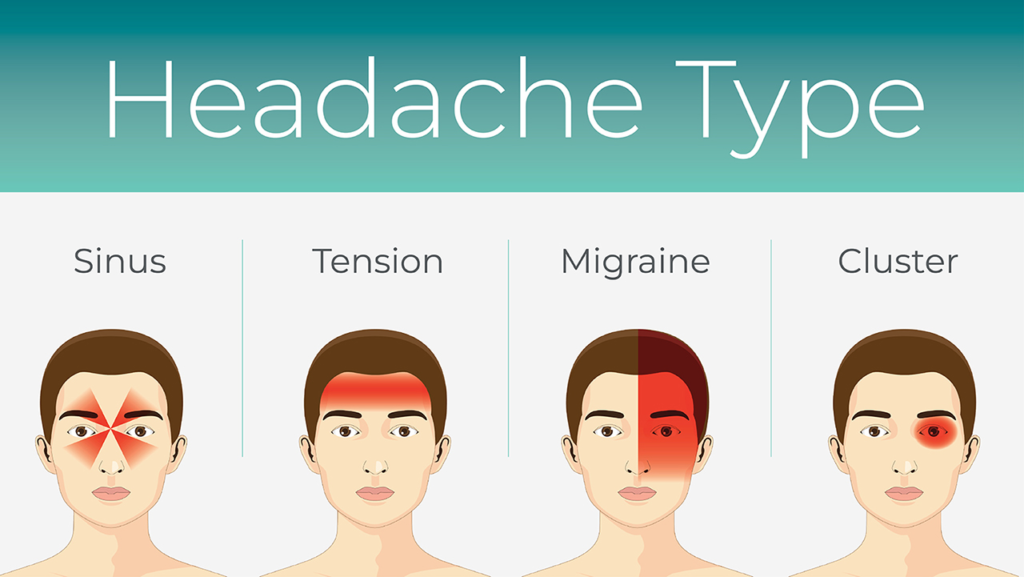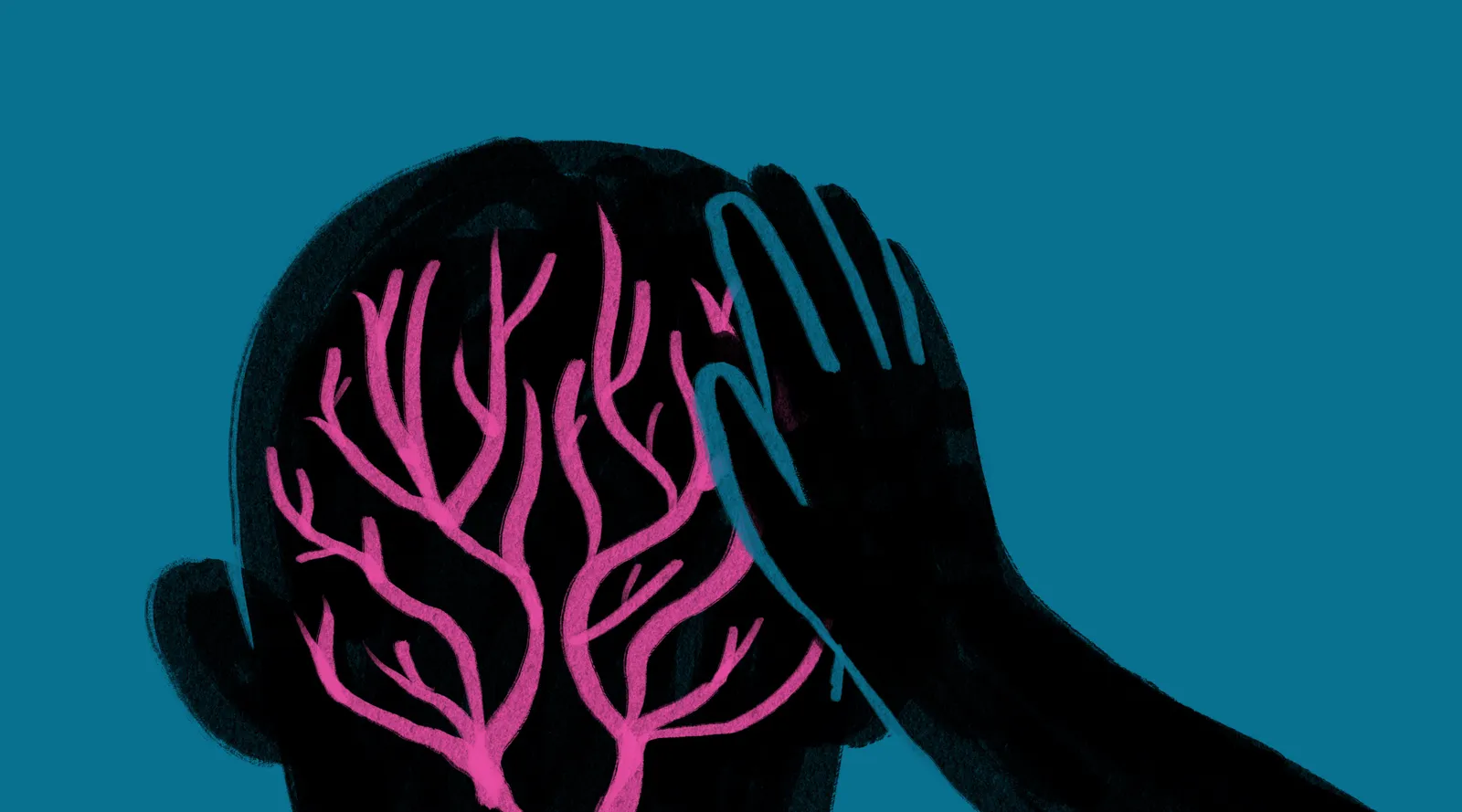Table of Contents
What is a Migraine?
A migraine is a neurological condition characterized by intense, debilitating headaches. It often involves other symptoms such as nausea, vomiting, and sensitivity to light and sound. Migraines can significantly impact a person’s quality of life.
Types of Migraines
Migraine with Aura
This type involves sensory disturbances called auras that occur before the headache begins. Auras can include visual disturbances, such as flashes of light, blind spots, and tingling sensations in the hands or face.
Migraine without Aura
This is the most common type of migraine. It occurs without the sensory disturbances that characterize migraines with aura. The pain is usually on one side of the head and is accompanied by nausea, vomiting, and sensitivity to light and sound.
Chronic Migraine
Chronic migraines occur 15 or more days a month. They can include both migraine and tension-type headache features.
Hemiplegic Migraine
This rare type of migraine causes temporary paralysis or weakness on one side of the body. It can also include visual disturbances and other sensory changes.

Causes:
The exact cause of migraines is unknown, but several factors can trigger them:
- Genetics: Family history of migraines.
- Hormonal changes: Fluctuations in estrogen levels.
- Stress: High stress levels can trigger migraines.
- Dietary factors: Certain foods and drinks, such as alcohol, caffeine, and aged cheeses.
- Environmental factors: Changes in weather, strong smells, and bright lights.
- Sleep patterns: Lack of sleep or changes in sleep routine.
Symptoms:
Migraines typically progress through four stages, though not everyone experiences all stages:
- Prodrome: Subtle warning signs like mood changes, food cravings, and neck stiffness.
- Aura: Visual or sensory disturbances that precede the headache.
- Attack: The headache phase, which can last from a few hours to several days.
- Postdrome: After the headache subsides, people may feel drained, confused, or moody.
Common symptoms include:
- Throbbing or pulsing pain: Usually on one side of the head.
- Nausea and vomiting: Often accompany the headache.
- Sensitivity to light and sound: Bright lights and loud noises can worsen symptoms.
- Visual disturbances: Seeing flashes of light or blind spots.
- Fatigue: Feeling extremely tired during and after the migraine.

Initial Treatment:
Over-the-Counter Medications
- Pain relievers: Ibuprofen, aspirin, and acetaminophen can help relieve mild migraines.
- Anti-nausea medications: To address nausea and vomiting.
Prescription Medications
- Triptans: Medications like sumatriptan and rizatriptan can help stop migraines.
- Ergots: Medications that combine ergotamine and caffeine.
- Preventive medications: Beta-blockers, antidepressants, and anti-seizure drugs to reduce the frequency of migraines.
Lifestyle Changes
- Regular sleep patterns: Consistent sleep schedule to prevent migraines.
- Healthy diet: Avoiding trigger foods and eating balanced meals.
- Hydration: Staying well-hydrated.
- Stress management: Techniques like yoga, meditation, and deep breathing exercises.
FAQs About Migraines
What is the difference between a headache and a migraine?
A migraine is a type of headache that is usually more severe and includes other symptoms such as nausea, vomiting, and sensitivity to light and sound. Regular headaches typically do not have these additional symptoms.
Can migraines be prevented?
Yes, migraines can often be prevented with lifestyle changes, avoiding known triggers, and taking preventive medications as prescribed by a doctor.
How long do migraines last?
Migraines can last anywhere from a few hours to several days. The duration varies from person to person and episode to episode.
Are there natural remedies for migraines?
Yes, some natural remedies include maintaining a regular sleep schedule, staying hydrated, managing stress, and using essential oils like peppermint or lavender.
When should I see a doctor for migraines?
You should see a doctor if your migraines are frequent, severe, or interfere with your daily life. Also, seek medical advice if you experience new or different migraine symptoms.
Can diet affect migraines?
Yes, certain foods and drinks can trigger migraines in some people. Common triggers include alcohol, caffeine, aged cheeses, and processed foods.
Is there a cure for migraines?
While there is no cure for migraines, many treatments are available to manage and reduce their frequency and severity.
